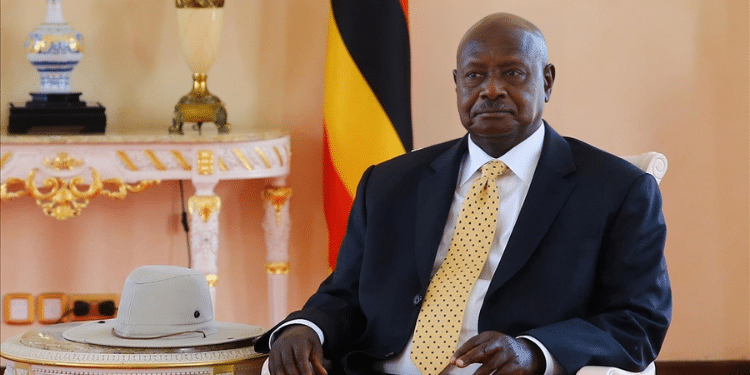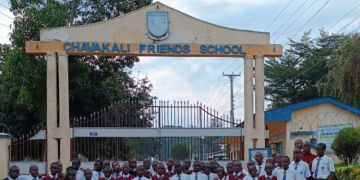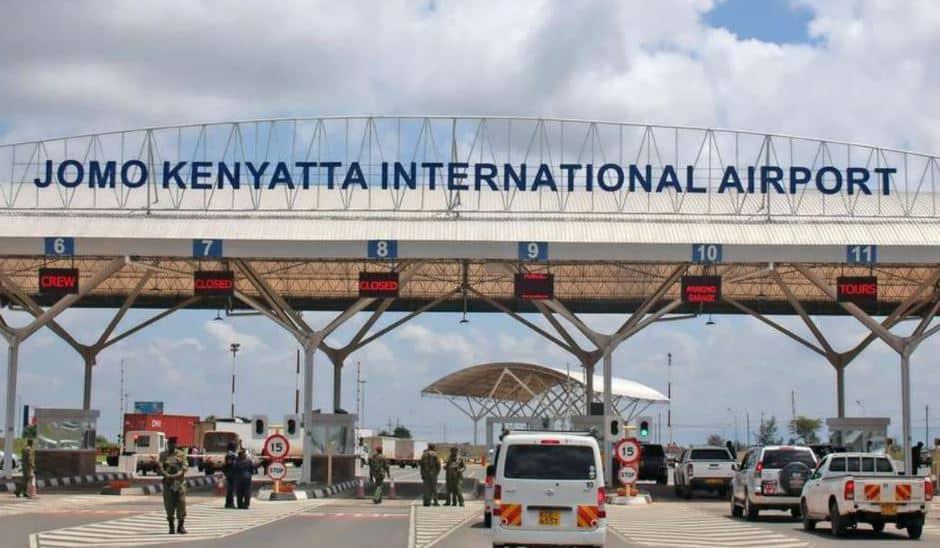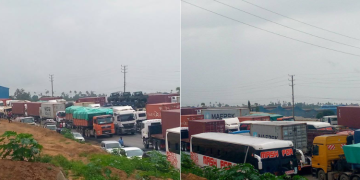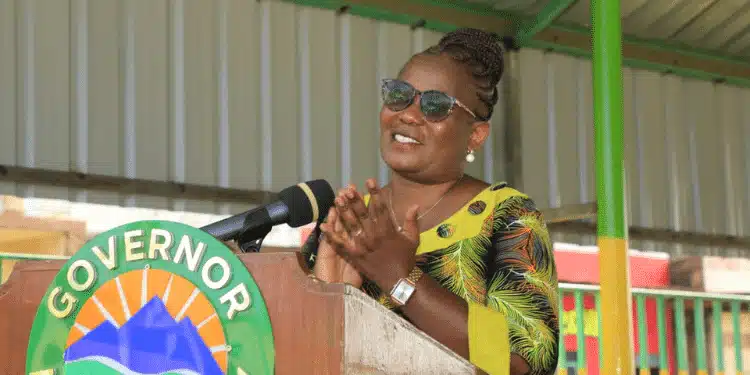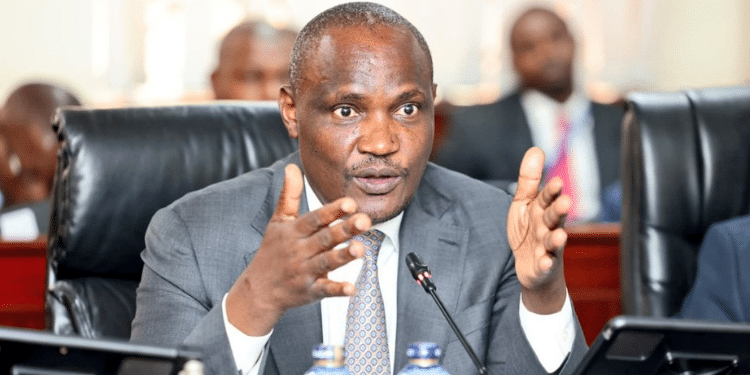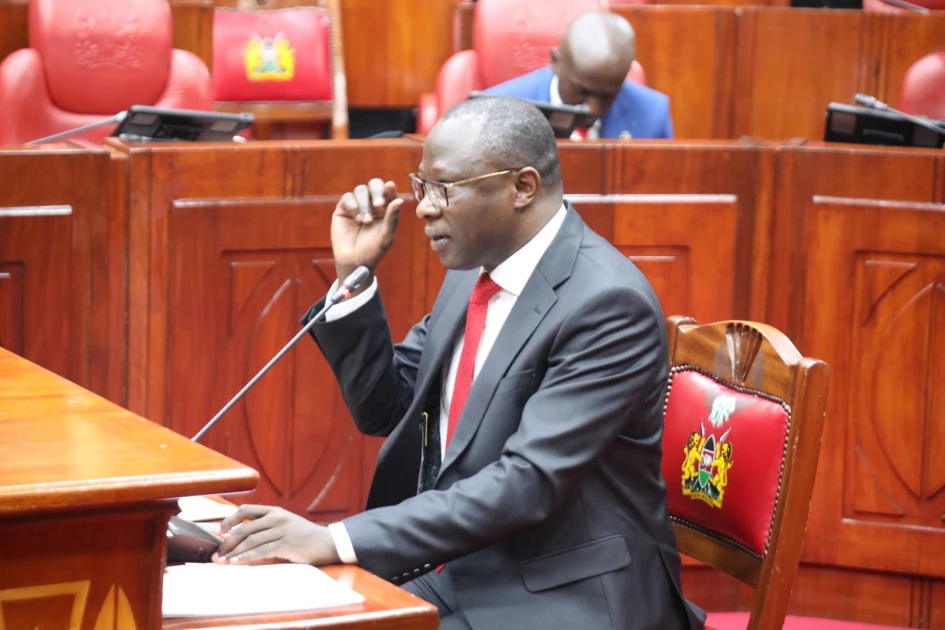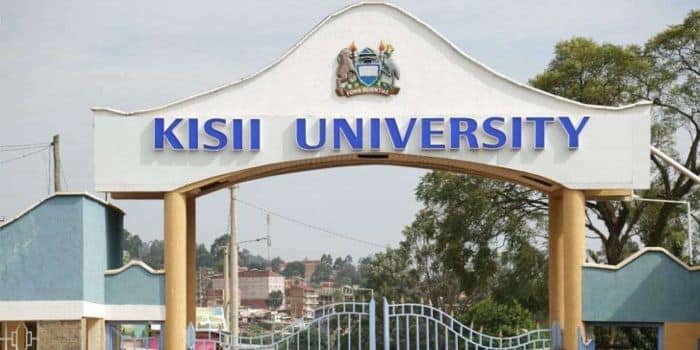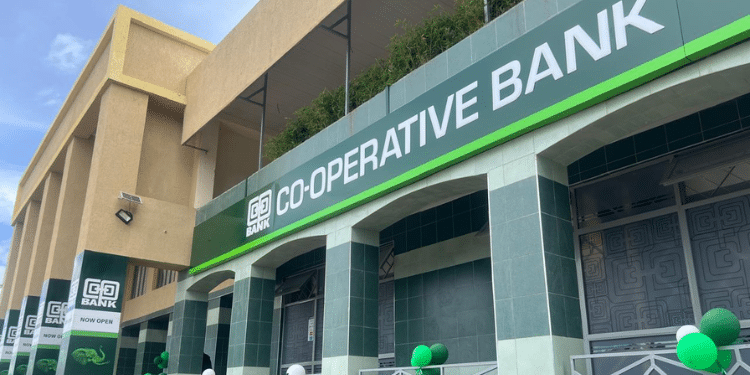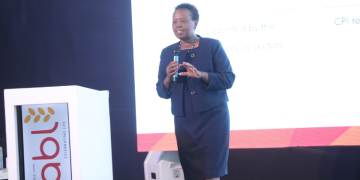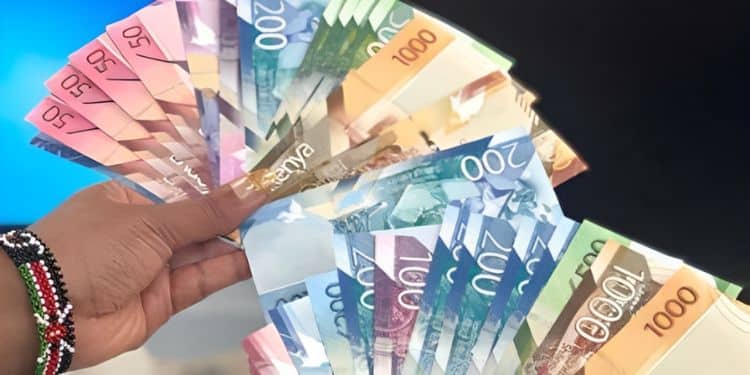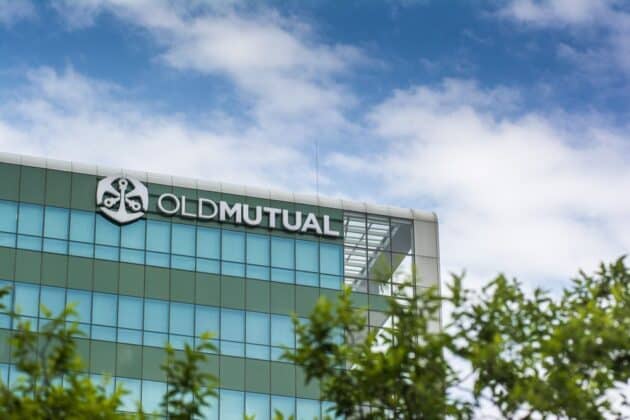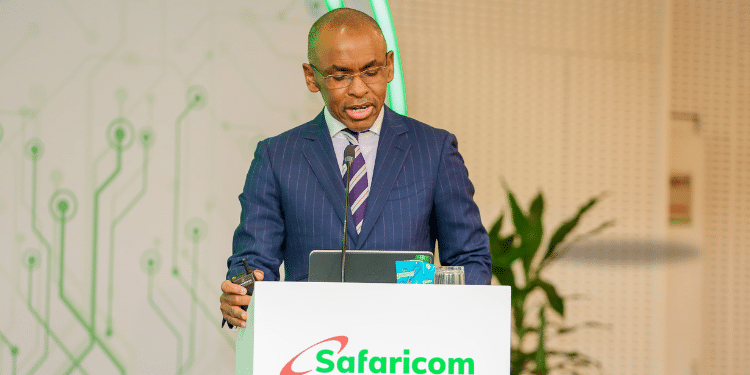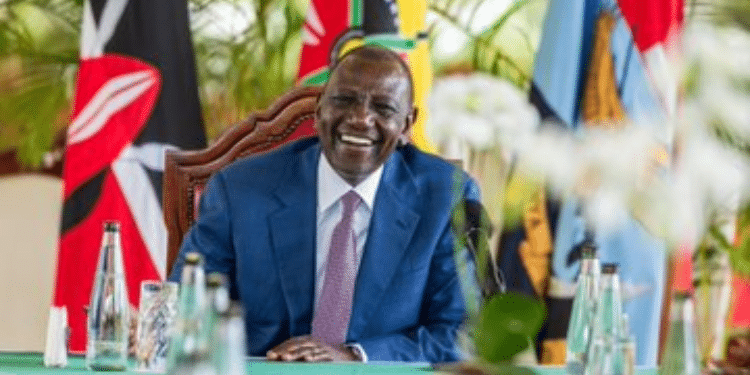The ouster of President William Samoei Ruto in the forthcoming elections seems an expensive endeavour to those looking forward to contesting for the presidential position.
Following the announcement of Busia Senator Okiya Omtatah to run for the 2027 presidential elections, questions have been raised on the financial muscle that is required to dethrone Ruto.
According to Nandi County Senator Kiprotich Arap Cherargei while responding to Omtatah’s presidential aspiration noted that to run for a presidential election campaign he will need a minimum of Ksh 7 billion. Ideally, this gives approximately Ksh38 million cost daily for the six-month campaign period.
While Kenyan politicians start campaigning way early before general elections, rules indicate that the campaign period should only be limited to two and half months.

Also Read: Okiya Omtatah Breaks Silence on Vying for Presidency in 2027, Gives Conditions
Cost of Previous Kenyan Presidential Elections
To run for any electoral seat in Kenya is not a joke, especially the presidential one. Kenya has been listed among the countries where the general amount for conducting one electoral process can cost up to 36 billion.
Going back into the individual spending of various candidates in the past elections will give a clear implication on how much elections tax both the country and individuals.
A previous report by the Coalition for Accountable Political Financing (CAPF) gave an estimate that in 2007 Raila Odinga and Mwai Kibaki spent Ksh 7 billion of traceable amounts on their presidential campaigns.
In another publication, Derrick Makhandia, a program officer at Transparency International Kenya, stated, “It will cost you a bit more than 4 billion Kenyan shillings just to become a president.”
Hefty Spending
According to media sources, the biggest share of the money goes to the fueling of vehicles, maintenance of supporters, and advertisement material such as posters, T-shirts and caps forming the expensive aspects of the campaigns.
Moreover, the opulence manifested by various Kenyan politicians has often raised concerns about the sources of the funds.
Furthermore, it was noted by the Kenya Civil Aviation Authority (KCAA) in a media report that by the end of 2020, there were already 67 registered helicopters most of which were owned by politicians. Additionally, Data from the South African Revenue Service shows that Kenya imported 325 helicopters for leasing from South Africa in 2020.
Local paper Business Daily also reported that cash in circulation outside the banking system was at a four-month high as of April, according to data from the Central Bank of Kenya. The amount increased by 3.69 billion Kenyan shillings to Ksh 252 billion from a month earlier.
However, Sam Mbithi, Chief Executive of Transparency International noted that about 60 per cent of the money is directed to voter bribery.
Also Read: 2027 Line-up: Candidates Who’ve Declared to Vie Against Ruto
IEBC Proposal Rejected
That very August, the electoral commission tabled revised regulations a fresh. Sadly, the politicians once more turned them down claiming that they were gazette without the approval of the parliament. As a result, a statutory deadline was set to be at least twelve months before elections.
Presently, a presidential candidate can spend up to Ksh 5.2 billion, while governors, senators, and female representatives are capped at Ksh 433 million. In contrast, the monthly minimum wage in Kenya is Ksh 15,201.
Follow our WhatsApp Channel and join our WhatsApp Group for real-time news updates.


